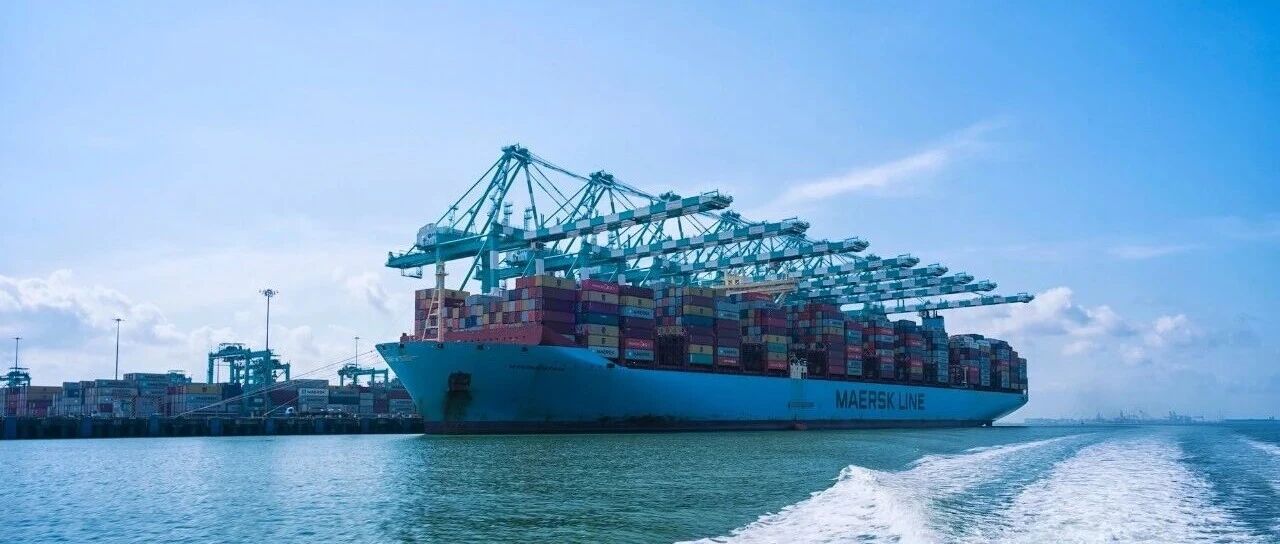Maersk’s recent announcement of stricter penalties for container weight misdeclaration is sending shockwaves through the steel toe boots industry, forcing exporters to overhaul their shipping practices. From January 15, 2025, the shipping giant imposed a 15,000 fine per container for dangerous cargo misdeclarations, with standard weight discrepancies incurring 300 penalties and potential shipment delays or refusals.
Safety shoes, featuring steel toes and reinforced soles, face unique challenges under these rules. Their heavy components make accurate Verified Gross Mass (VGM) critical, as even minor discrepancies can trigger penalties. Under SOLAS regulations, shippers must provide VGM using either post-packing weighing (Method 1) or summing individual components plus container tare weight (Method 2). For safety footwear, Method 2 risks errors by omitting packaging materials like bubble wrap or sturdy cartons, which add significant weight.
Industry experts warn of cascading impacts. A 5% weight deviation or 1-ton discrepancy now triggers fines, disrupting just-in-time production cycles. “Safety shoe exporters must invest in calibrated scales and streamline packaging processes,” advises logistics consultant Elena Rodriguez. Many are adopting smart weighing systems to track components from manufacturing to loading.
Maersk emphasizes these measures reduce accidents from cargo shifts or overloaded containers. For safety footwear (including Goodyear Welt safety work shoes brands, compliance isn’t just costly-it’s a competitive imperative. Those failing to adapt may face missed deadlines and reputational damage in global supply chains.
Post time: Sep-11-2025






